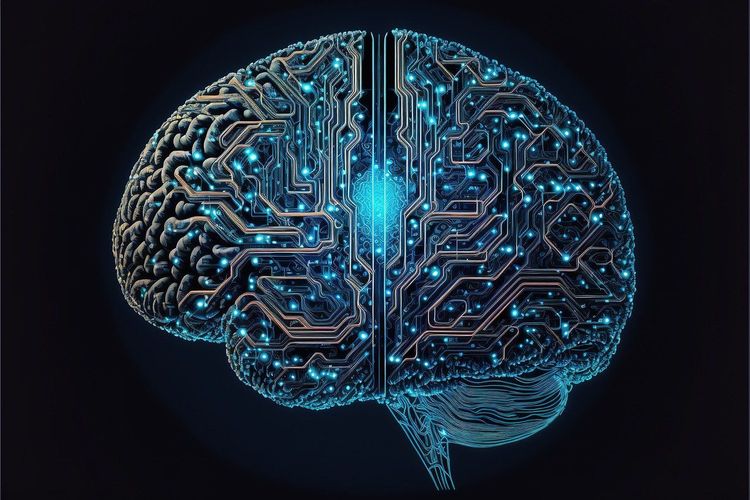Recent research conducted by the University of North Carolina at Chapel Hill in collaboration with the Allen Institute for AI has revealed that OpenAI's latest chatbot, GPT-4o, outperforms human experts in ethical reasoning and advice, sparking widespread discussions about the applications of artificial intelligence (AI) in the field of moral reasoning.
The research team carried out two comparative experiments to examine the differences in moral reasoning capabilities between the GPT model and human participants. In the first experiment, 501 American adults contrasted the ethical explanations provided by the GPT-3.5-turbo model with those given by humans. The findings showed that GPT's explanations were regarded as more rational, trustworthy, and thoughtful, with participants considering the AI's assessments to be more reliable than those of human experts. Although the differences were minimal, this suggests that AI's performance in moral reasoning could be comparable to that of humans.
In the second experiment, the suggestions generated by GPT-4o were compared to those from renowned ethicist Kwame Anthony Appiah, featured in the "Ethicist" column of The New York Times. Out of 50 ethical dilemmas assessed for advice quality, GPT-4o received higher ratings than human experts across almost all criteria. Participants overwhelmingly viewed the AI-generated recommendations as more morally accurate, reliable, and thoughtful. The only area where no significant difference was noted was in the perception of nuances, where both AI and humans performed similarly.
Researchers highlight that these results suggest GPT-4o has passed the "Comparative Moral Turing Test" (cMTT). Further analysis indicates that GPT-4o employs more moral and positive language when offering advice than human experts, which may contribute to its higher ratings. However, this is not the sole factor; future studies must further investigate AI's potential in moral reasoning.
It's important to note that this research was limited to American participants, prompting the need for future studies to explore perspectives on AI moral reasoning across different cultural contexts. Nevertheless, these findings provide strong support for AI's role in moral decision-making, potentially leading to in-depth discussions on AI's ethical responsibilities and regulation.
As AI technology continues to advance, its applications in moral reasoning will become increasingly commonplace. The ethical decision-making capability of AI will significantly influence various domains, including medical diagnostics, autonomous vehicles, and social media content moderation. Thus, it is essential to address the ethical implications of AI and establish appropriate policies and standards to ensure its safety and reliability.







